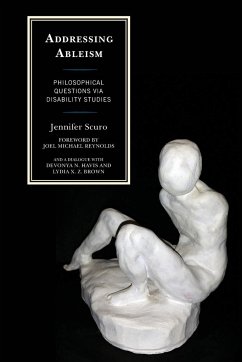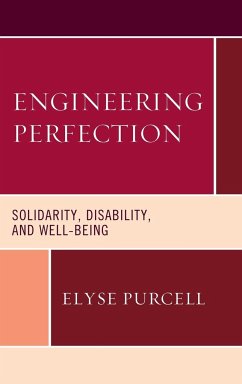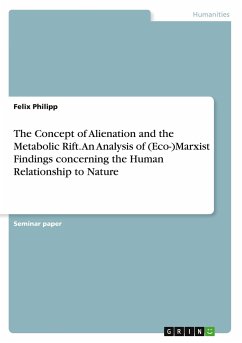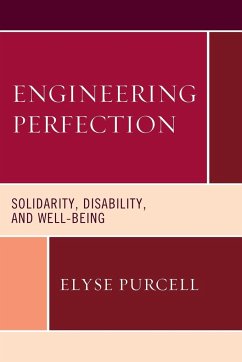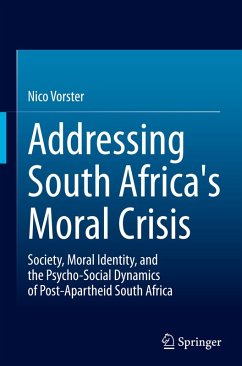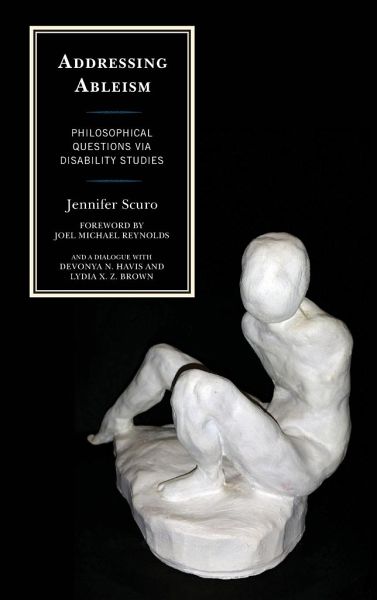
Addressing Ableism
Philosophical Questions via Disability Studies
Versandkostenfrei!
Versandfertig in über 4 Wochen
119,99 €
inkl. MwSt.
Weitere Ausgaben:

PAYBACK Punkte
60 °P sammeln!
This book outlines the scale and scope of ableist bias, as it manifests both institutionally and intergenerationally. Ranging across disability studies, continental philosophy, and bioethics, the philosophical questions addressed in this work confront and resist ableism as it frames our world in uninhabitable and unsustainable ways.





